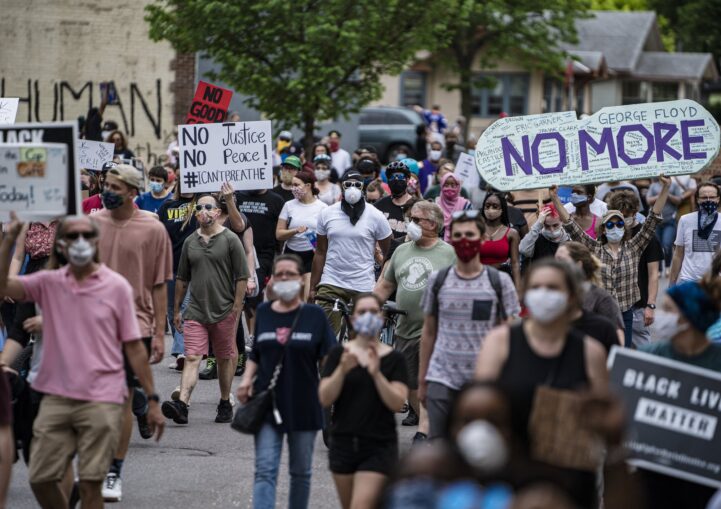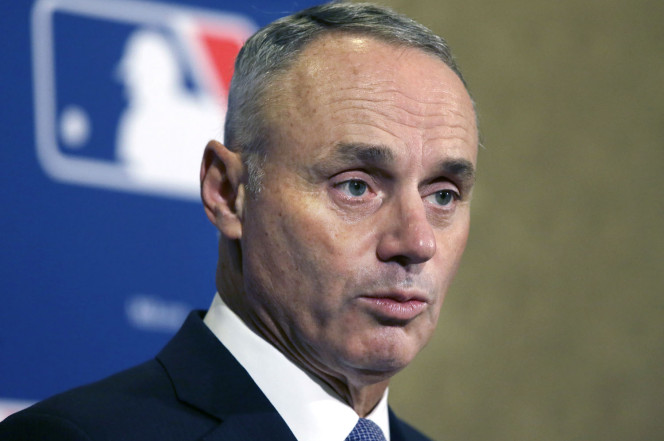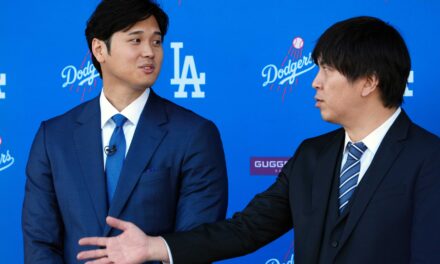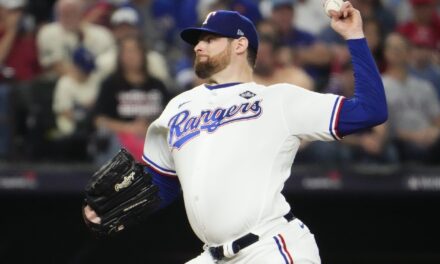
It’s very easy to lose hope right now. Considering everything going on around us, it almost feels wrong to even think about baseball. And, yes, baseball would make these frightening times a bit more palatable. But there’s more at stake right now.
Peaceful protesters standing up for the basic human rights of people of color — benefactors of centuries-old, racially-charged, systematic oppression — are making their voices heard.
In many cases across the nation, those protests have evolved into battles with law enforcement. Those battles, in turn, have escalated to widespread damage and violence in many major cities.
The greatest takeaway from these harrowing events must be their long-sewn causes. Only then will we have a better understanding of their current effects, as well as what can be done moving forward to avoid tensions bubbling over once again.
That’s where baseball comes in.
The nation is still operating at the whim of COVID-19, whose death toll in the U.S. surpassed 100,000 this week. Major League Baseball has their eyes set on an early-July return, yet haven’t gained any traction in actually putting that plan into action.

A low-ball offer to the MLB Players’ Association incited fury among the union. Pay cuts on a sliding scale — 80 percent decreases for the game’s highest-paid players, specifically — drew intense scrutiny and with just cause.
Without MLB’s unrivaled level of talent, the league and its owners would have no product to sell. At least not an elite one. Those players earned their contracts and they should be honored, especially amid a global health pandemic.
Following their review of MLB’s proposal, Max Scherzer, a member of the MLBPA’s executive board, publicly rejected the initial offer, requesting “justification” for players to accept such drastic pay cuts.
In other words, Max, and the rest of the invested baseball world, want Major League Baseball to open up their books.
Presumably, if the league and its owners were to prove their expected financial hardships due to a shortened season and the extent of revenue loss due to the lack of fans, the players would be more receptive to making salary-based concessions.
For a corporation that’s raked in over $30 billion since 2017 to cry poverty, hard evidence of potentially catastrophic losses in 2020 could be the only path to a compromise.
Trust is essential. And at this current juncture, the level of trust between the league and the players is practically non-existent.
Having faith in the party across the table to fulfill their end of the agreement is half of the battle. Until that gap is closed — at the very least marginally — there will be no peace.
See, baseball and life do intersect.
















